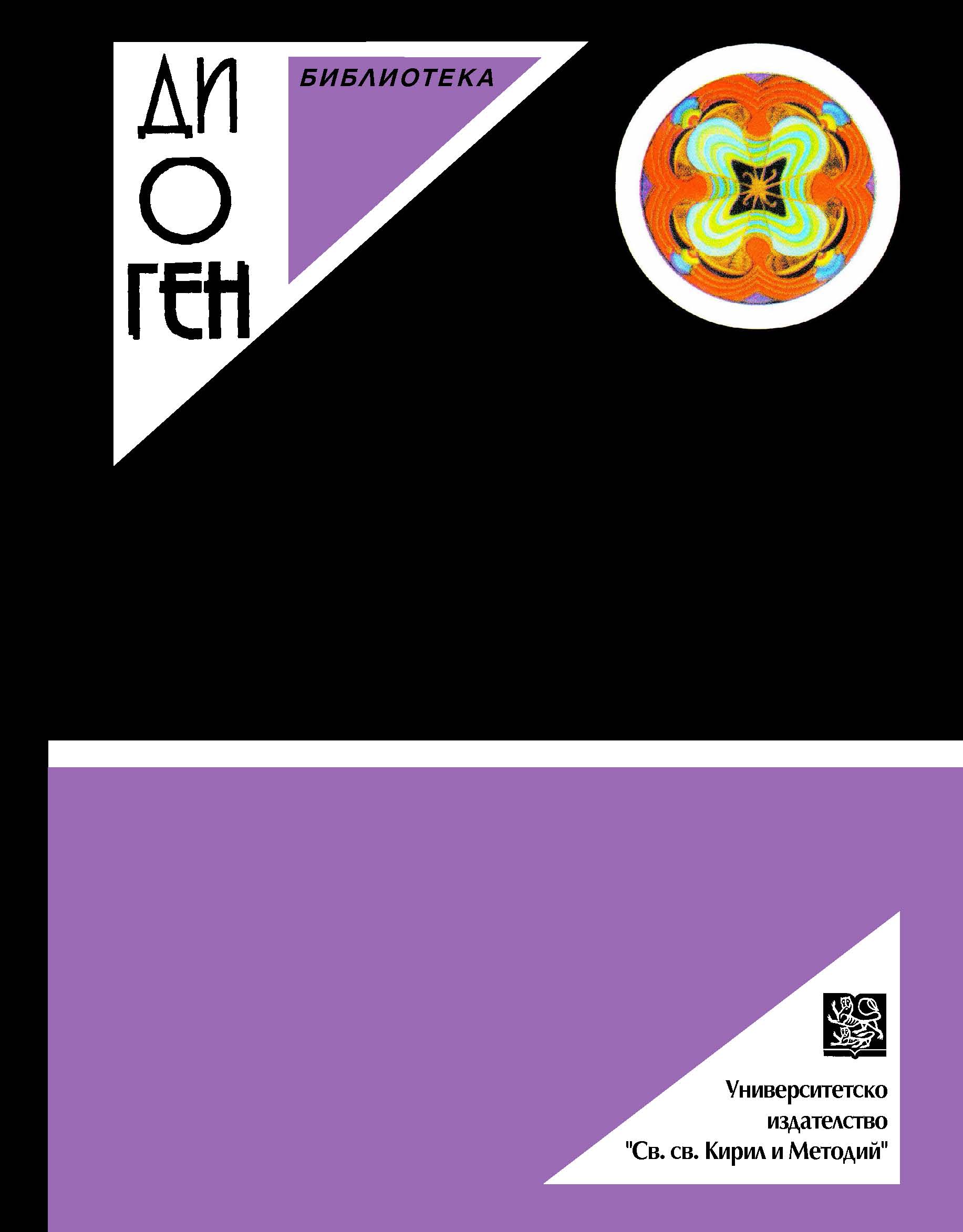
We kindly inform you that, as long as the subject affiliation of our 300.000+ articles is in progress, you might get unsufficient or no results on your third level or second level search. In this case, please broaden your search criteria.

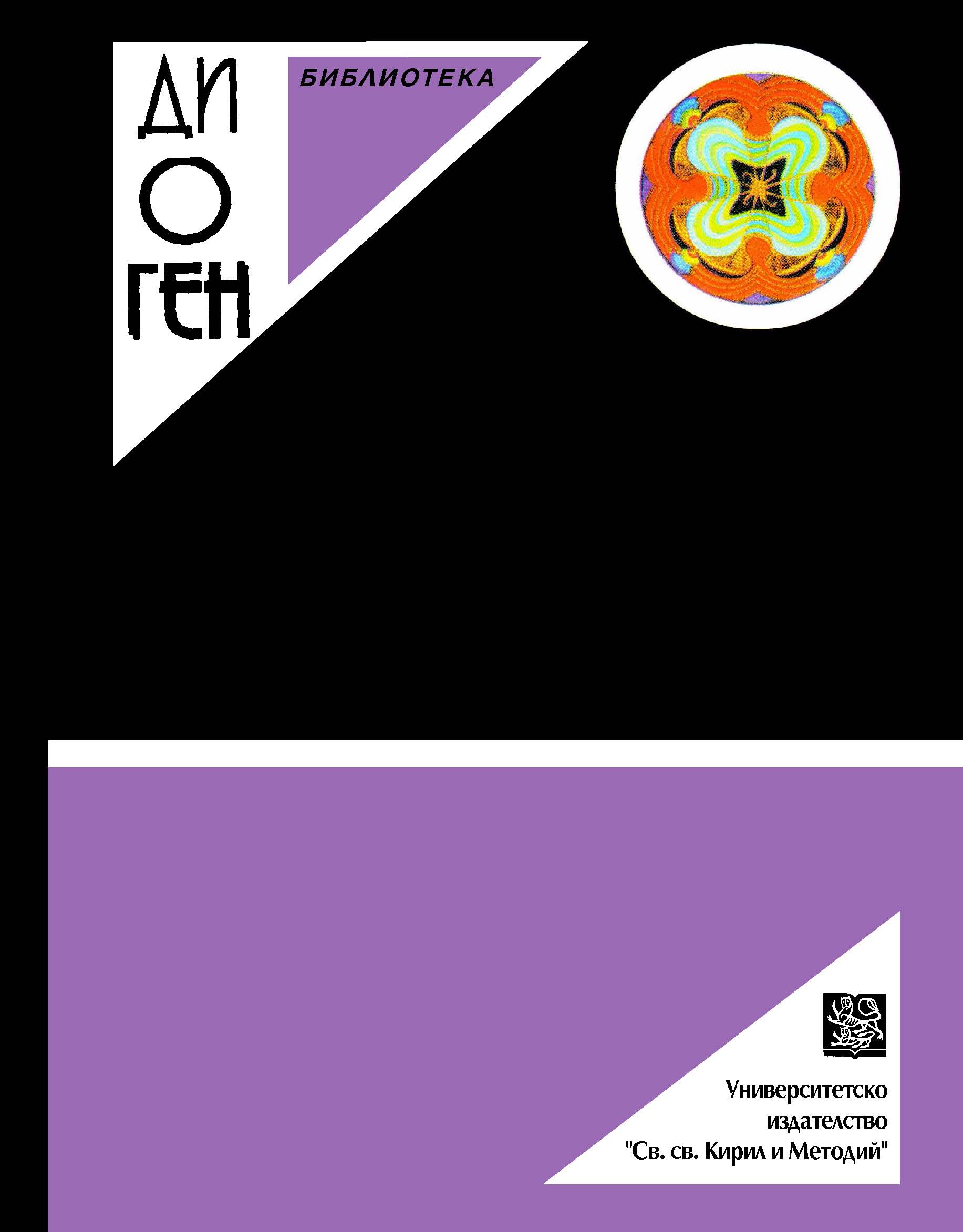
Human life is an endless sequence of problem situations and ways to overcome them. Friedrich Nietzsche proclaims doubt and nihilism as forms of existence in problem situation. They are the foundation of the reassessment of all values. This reassessment is oriented to traditional, approved and wide spread principles and norms in society. The skepticism is an initial position and a transitional stage of denial. If someone denies something without thinking of it, he acts emotionally. Friedrich Nietzsche is a nihilist because his attitude is based on doubts, which are rationally motivated. In this paper the arguments are derived from his books” Human, All Too Human”, and “The Gay Science”. There are a lot of similar arguments in other Nietzsche’s books that will be discussed in next papers
More...
In Bertolucci's "Conformist" there is a scene in which the conformist meets his one-time professor of philosophy. They evoke old memories and, in that context, mention professor's lecture on Plato's allegory of the cave. The scene, as well as the film itself, happens in fascist Italy between two world wars. In between those old days and the time of the meeting, professor had openly declared himself as a fascist and became a member of the Party.
More...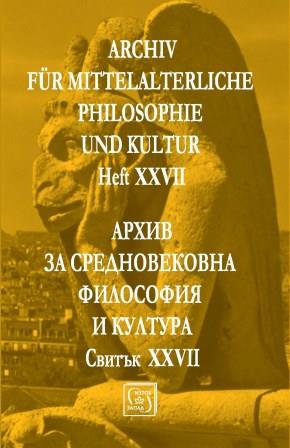
The current paper is part of a larger project, that is devoted to exploring the connection between the will and epistemology in the texts of several Franciscan authors. Ockham is an author who stressed the freedom of the will, its self-movement and self-reflection to an extreme. Concerning the theory of the activity of the intellect, he was rather a sceptic. Denying the basic arguments for a natural activity of the intellectus agens, Ockham tries to solve an epistemological issue. There are different steps of an epistemological process, which do not involve a complete knowledge of the examined object. Doubt or probability are certain moments of an epistemological process that can be explained only if we introduce an extra faculty besides the intellect. This has to be a faculty that – unlike the intellect – does not move necessarily as a natural faculty would do, but is contingent, can activate itself and move itself freely and spontaneously. Since the will is the only faculty that suits the description, Ockham tries to make the argument that the will plays a role in the epistemological process of acquiring knowledge. The different levels of concentration, the ability to intensify or even to retract a certain act of the intellect is according to Ockham the direct influence of the activity of the will. The current paper tries to elaborate on this issue.
More...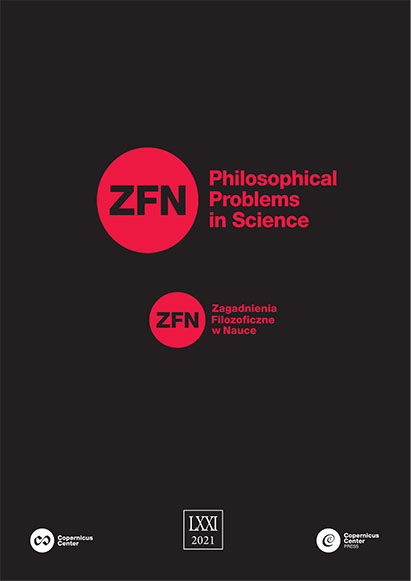
The Polish philosophy of mathematics in the 19th century is not a well-researched topic. For this period, only five philosophers are usually mentioned, namely Jan Śniadecki (1756–1830), Józef Maria Hoene-Wroński (1776–1853), Henryk Struve (1840–1912), Samuel Dickstein (1851–1939), and Edward Stamm (1886–1940). This limited and incomplete perspective does not allow us to develop a well-balanced picture of the Polish philosophy of mathematics and gauge its influence on 19th- and 20th-century Polish philosophy in general. To somewhat complete our picture of the history of the Polish philosophy of mathematics in those times, we here present the profiles of some lesser-known Polish Romantic philosophers of the 19th century, namely Karol Libelt, Bronisław Trentowski, and Józef Kremer. We discuss their contributions to the philosophy of mathematics and their metaphysical perspectives, and we also show how their metaphysical ideas have found some continuity in the studies of some Catholic philosophers.
More...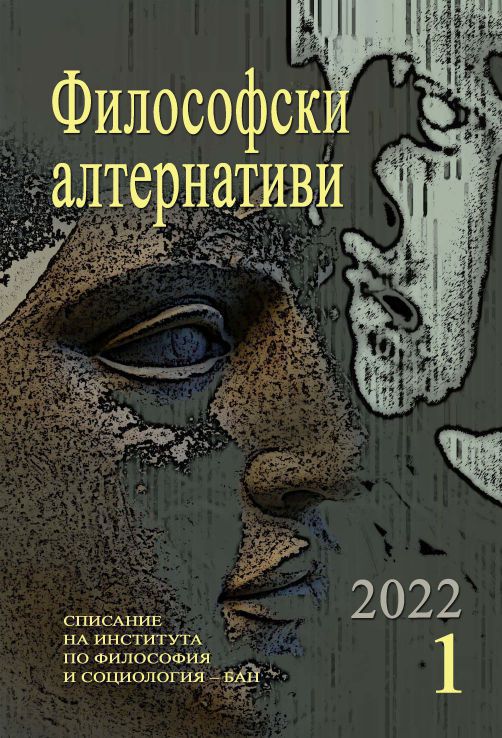
The article reconstructs the mythical understanding of Eros from philosophy’s standpoint. The ancient Greek god Eros is transformed into a concept with clear boundaries. Accordingly, the article examines the connection between the mythological and philosophical worldview. The archaic conceptions of Eros are regarded as the basis of philosophical concepts, and accordingly as a metaphysical entity with a high degree of abstractness. The initial parameters of the very concept of Eros are based on the erotic in its metaphysical context. The article therefore examines the possibilities offered by the conceptualization of Eros and the erotic within the limits of metaphysics.
More...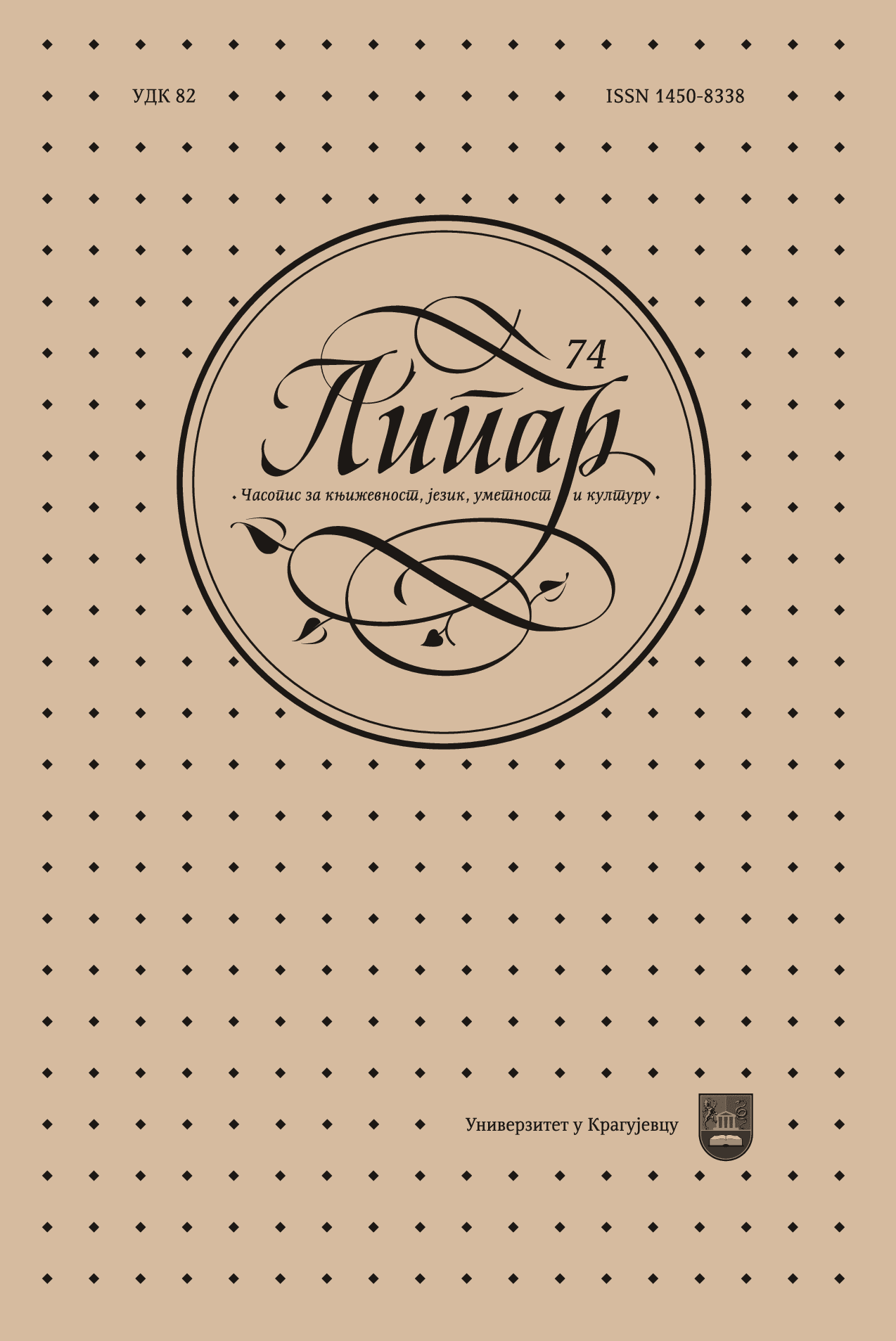
In this paper article we will present the rebellion of Nikolai Berdyaev against ”ut- most objectivization of human essence” under ”extreme ideals of communism and anarchism”. This rebellion, in the philosophy and theosophy of Nikolai Berdyaev will be enveloped with the analysis of his version of christian personalism rooted in his understanding of personality, spirit, freedom, love and creativity, and their intercon- nectivity in the works Freedom and the Spirit. Apology of Christianity (1928), and Human slavery and Freedom.Essay on personalistic philosophy (1939). With fenomenological and hermeneutic method we will place a special focus on a seamingly paradoxal position of the autor himself between heresy and apology of the Orthodox Church. Philosophy of Nikolai Berdyayev will be placed between hellenism, christian personalism and western philosophy. This article seeks the answer on the following: What is hereti- cal in the teachings of Berdyayev apart his theachings of Ungrund? Can heresy of Berdyayev be found apart the mentioned teaching? And, finaly through relations of personality and history we will see the constant modernity of Berdyayev’s thought.
More...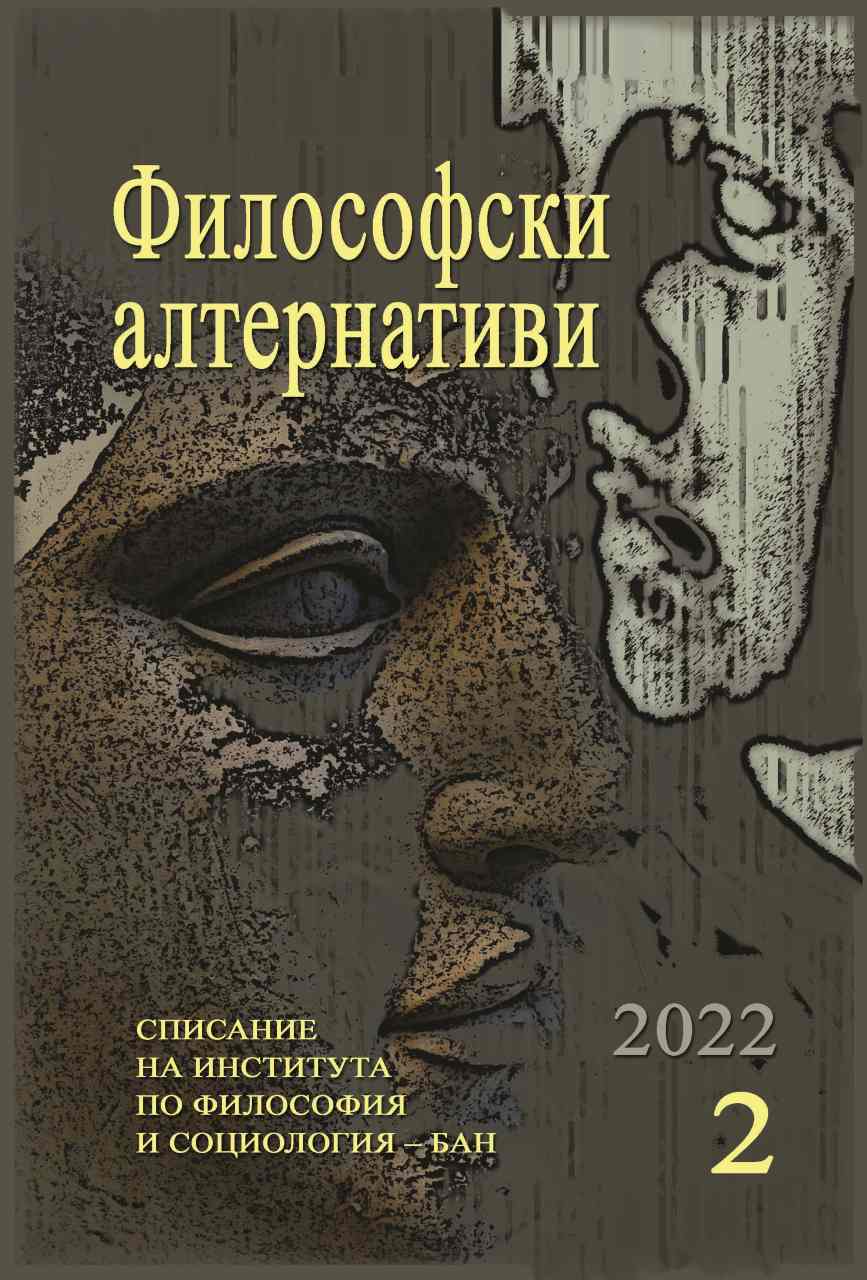
The question of the cognitive value of art is considered from the general perspective of contemporary cognitive-anti-cognitive debate. The article is devoted to the question of whether art can be a source of knowledge and what kind of knowledge. The arguments for and against the cognitive function of art are considered in light of the historical development of this debate from Plato and Aristotle to the present. The cognitive value of art is examined in its relation to the aesthetic and moral value of art. Art as a source of knowledge is conceptualized in terms of history, aesthetics, axiology, philosophy of art and art criticism.
More...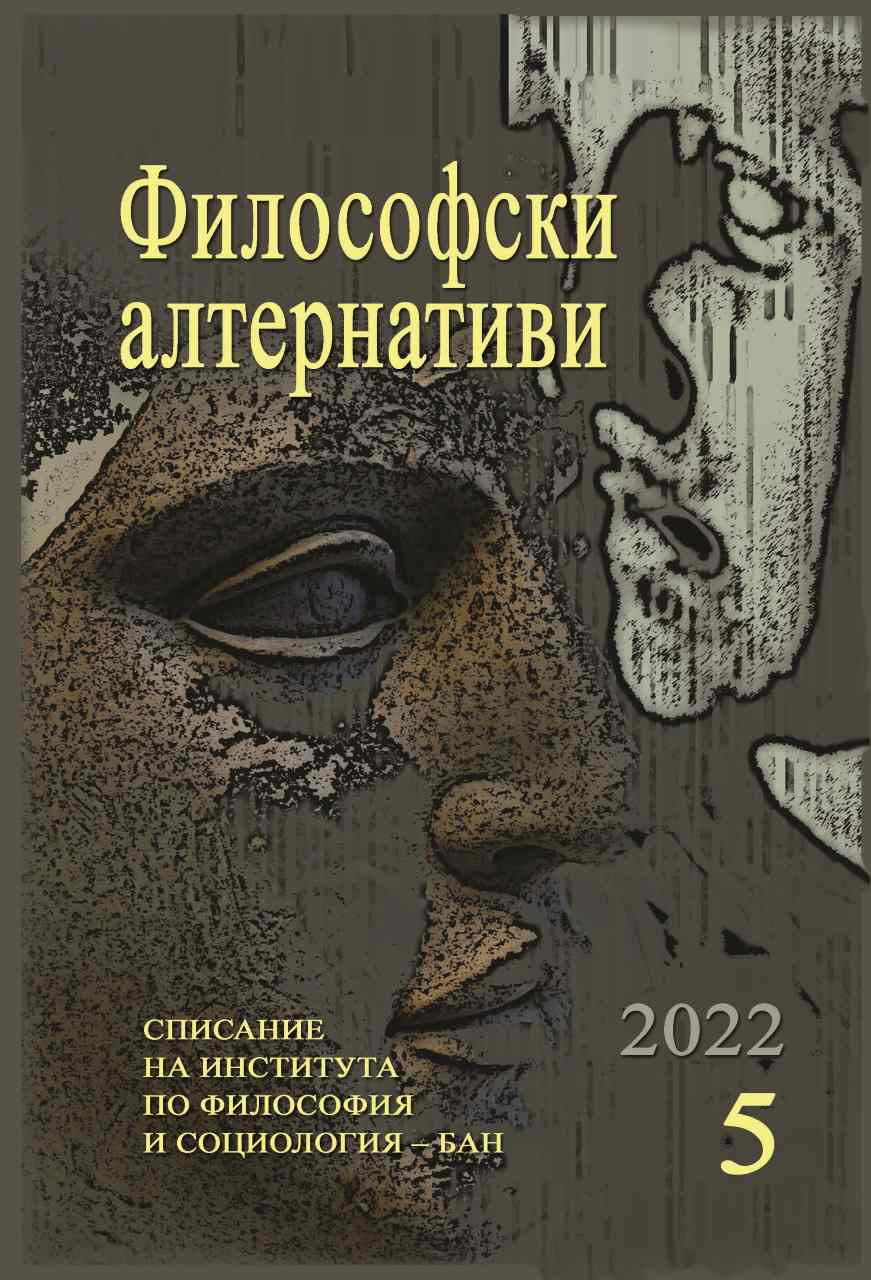
Associate Professor Emilia Mineva was an established university teacher and historian of philosophy. Her rich body of work encompasses a study of the heritage of philosophical ideas in the 19th century with an emphasis, but not exclusively, on studies of Marxist philosophy, intellectual history of anarchism, philosophical ethics, etc. The field of her scientific interest included topics from all areas of philosophical knowledge, which she summarized as an author, editor, translator, and compiler. The article traces the professional path of prof. E. Mineva, focusing on the important moments in the content of her philosophical works, and is dedicated to the 80th anniversary of her birth.
More...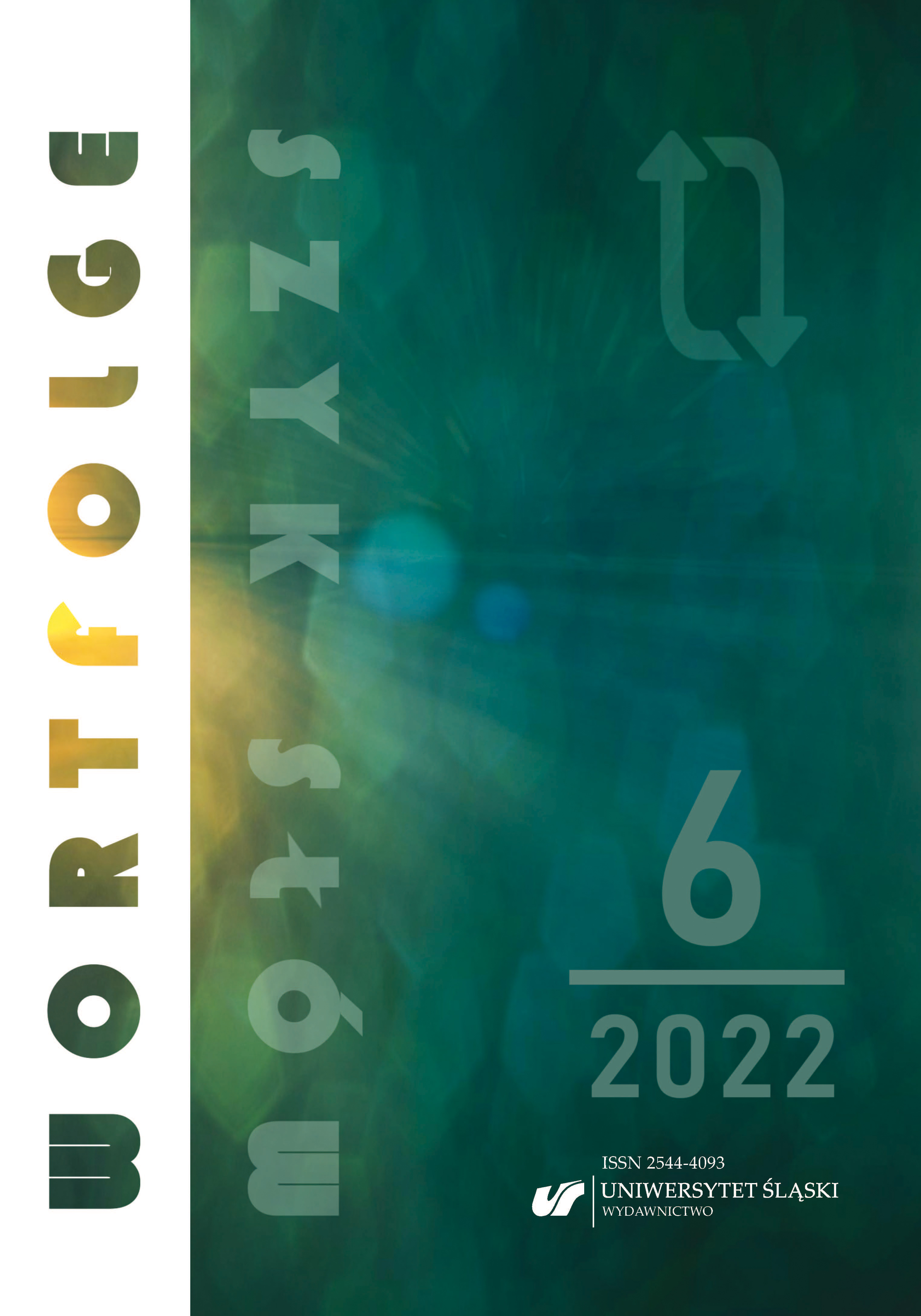
The article examines the quite extraordinary phenomenon of literary texts, that limit themselves, like anagrams or palindromes. Limited texts are often reduced to their playful appearance, while they have a close relation to experimental practises as well. Experiments as well as limited literature construct their objects of research within a manipulated environment. This self-limiting literary expression is specified with Deleuze’ and Guattari’s concept of a “minor” literature, by pointing out the defamiliarization of the text production and the irritation of linguistic automatisms initiated by limitations. Strongly restricted literaturę allows due to its limitation only, the release of new linguistic possibilities and insights, which is further demonstrated with a concluding example.
More...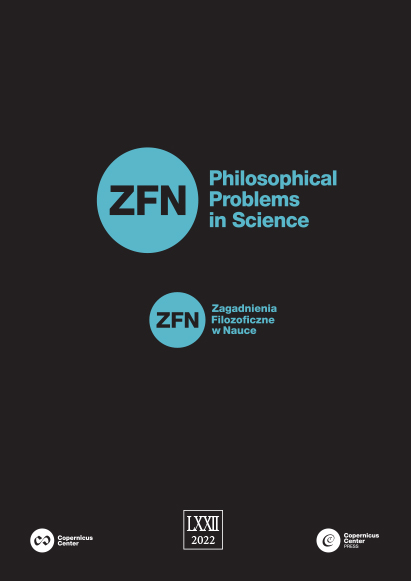
There have been many significant publications on Kazimierz Twardowski. Jacek Jadacki intends to add to this list another book Rozum i wola. Kazimierz Twardowski i jego wpływ na kształt kultury polskiej XX wieku. In the review it is appraised whether it can be called “a companion to. . . ”. It provides introductory information that can help readers better understand the role of Twardowski in Polish philosophy and culture. Updated findings by contemporary scholars are also included. The quality of the articles is guaranteed by such authors as J. Woleński, R. Kleszcz, A. Brożek and J. Jadacki. However, new authors are also present as well as less common topics like Twardowski’s influence on the Polish School of Philosophy of Medicine and his roles as political scientist, educational theorist, and historian of Ancient philosophy. The authors manage to convince the reader that Twardowski is “a classic” worth knowing, in consequence the book can be treated as a “companion to Twardowski”. It also inspires readers to further investigate the works and accomplishments of the Lvov philosopher.
More...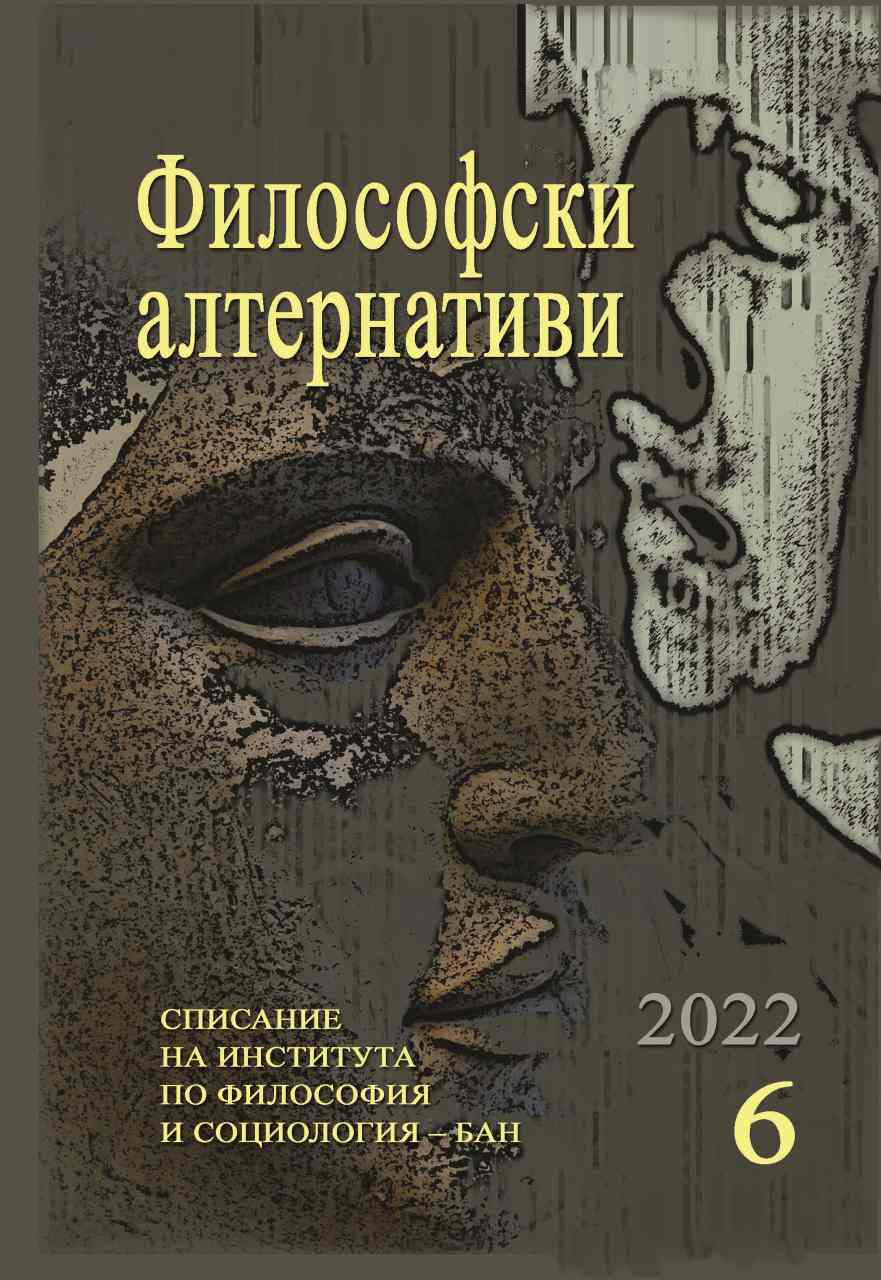
Jan Pinborg’s article Speculative Grammar traces in a historical and problematical way basic questions of the semantic doctrine of modes of signifying (the theory of speculative grammars). Speculative grammars are investigated: (1) from their appearance and historical and conceptual ground (Aristotle and his Arabic commentators, Donatus, Priscian); (2) through the development and sophistication of the system of modes of signifying (considering in the same time its ontological and logical aspects); 3) to the theoretical criticism against them and the appearance of alternative semantic conceptions (Roger Bacon, Ockham, Buridan…). The importance of the modistic doctrine for the further development of the logic and theoretical grammar is pointed out. A particular emphasis is put on the semantic character of the speculative grammars, together with its systematical account.
More...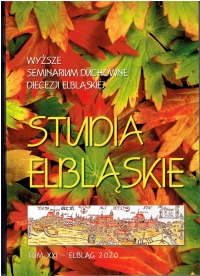
This paper presents the social doctrine of the Scottish philosopher of Enlightenment, Bernard Mandeville. In the first part the philosophical milieu of Mandeville’s time is presented and the persons of science who influenced him the most. The second part summarizes his views on society. The basic source is his essay "A Search into the Nature of Society". This work was added as a prosaic explanation to his most recognizable poem "The Fable of the Bees". Mandeville claims that the basic driving force of progress is not human virtue but vice, because every virtue is driven by a hidden vice. In the conclusion it is explained why hisconcept is not compatible with the Christian anthropology
More...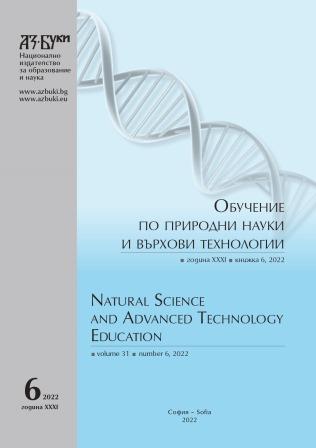
This discussion paper on death presents an analysis of the causes of irretrievable mortality in the Indian context. It traces the local-to-global connection by depicting the current scenario and future perspectives. It deals with various aspects of death to provide a broader overview and outlines the various actions required to improve it. Analysis of the mortality data illustrates the inadequacy of present efforts to address the problem of death due to avoidable causes. A better understanding of the relationship between a vast number of unnatural deaths and the personal safety and healthcare precautions as they are practiced will lead us to conclude that different activities performed with a better presence of mind can extend the span of human existence in general. Analyses through intensive scientific research and careful examination through cross-pollination of inspiring ideas, proper perspectives, and a positive orientation to imagine a better future will enable people to fulfill what they want and need in their diverse contexts. The retrospective analysis of the data indicates that the mortality rate can be reduced by simple safety measures while traveling through the changing political landscape and achieving long-term sustainable development. Living a healthy lifestyle and following standard operating procedures during a pandemic like COVID-19 could make a difference in the lives of millions as health and safety remain primary concerns.
More...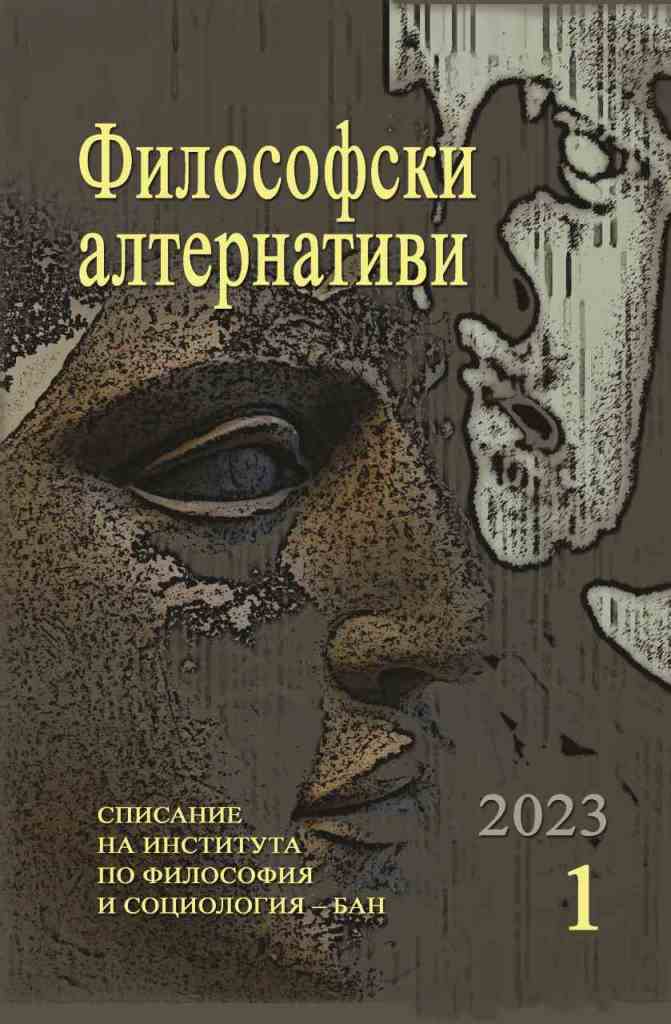
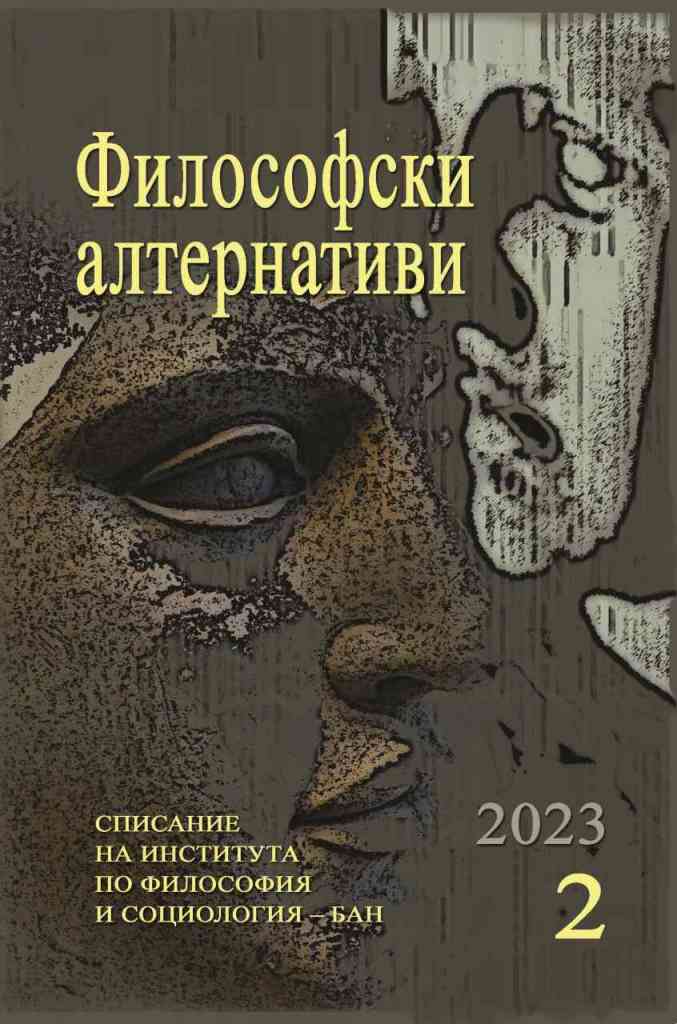


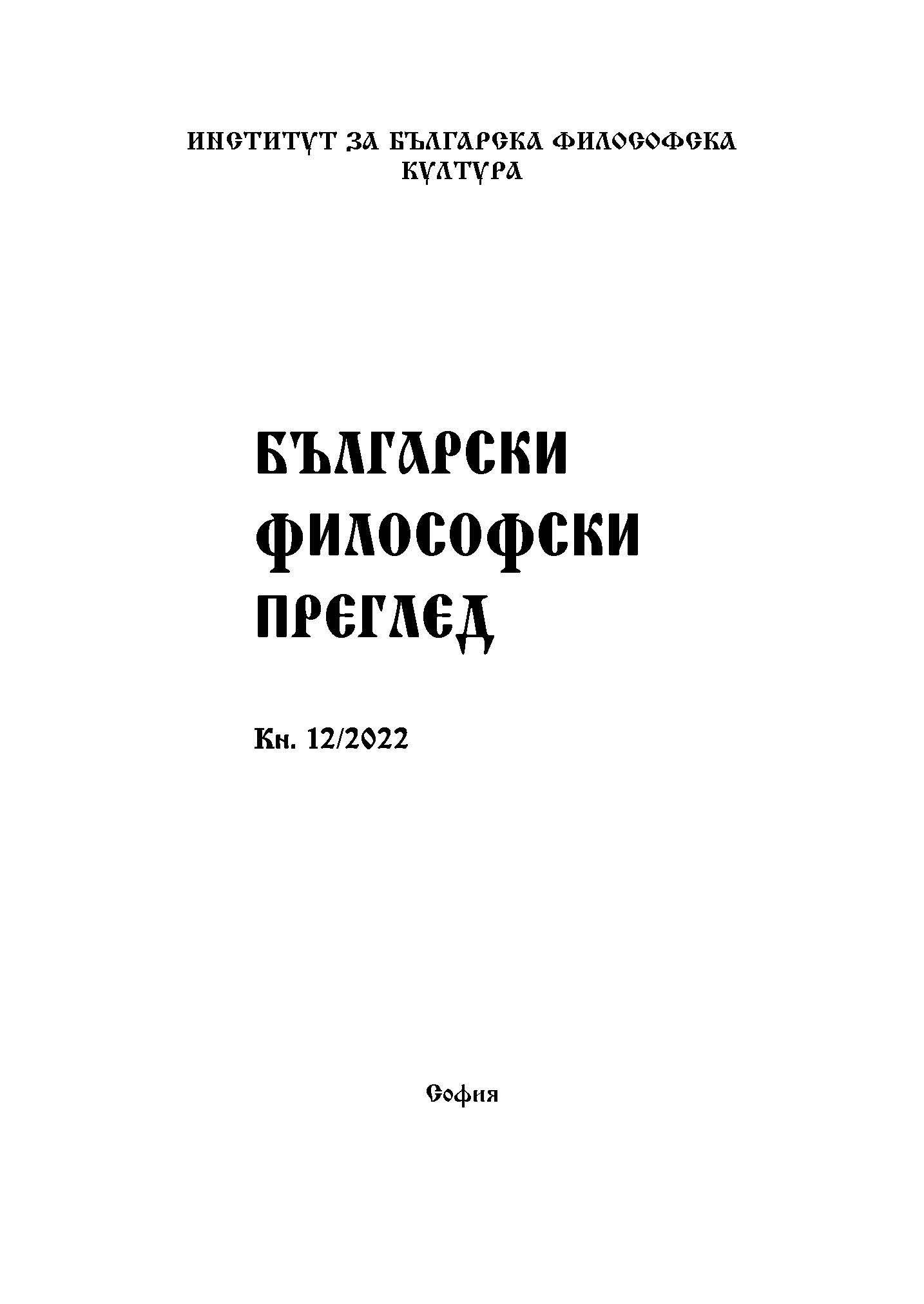
The article analyzes one of the fundamental spiritual abilities of man – to imagine things that are not here and now. Imagination is a prerequisite for people's ability to have a world as opposed to having only an environment consisting of points of actual sensual or sensory irritation. It refers to things that are not here and now. They represent a great diversity by type and in kind and include the absent things, the lost things, the things not yet discovered, the things invented as well as the not-yet invented ones, these are the fanciful things, the counterfactual things, the impossible things, the only possible but not actual things, fictitious things, probable things, future things and past things. All these things are part of the human world and it is the imagination that makes them accessible to people. Thanks to the applied hermeneutic approach to the imagination six moments have been highlighted that generally constitute the scope of the power of imagination. The reflections on the etymology of the word and the reference to some phenomenological concepts have made it possible to outline those six moments. The second part of the article has a historical and philosophical character and dwells on the role and functions of the ability to imagine in knowledge.
More...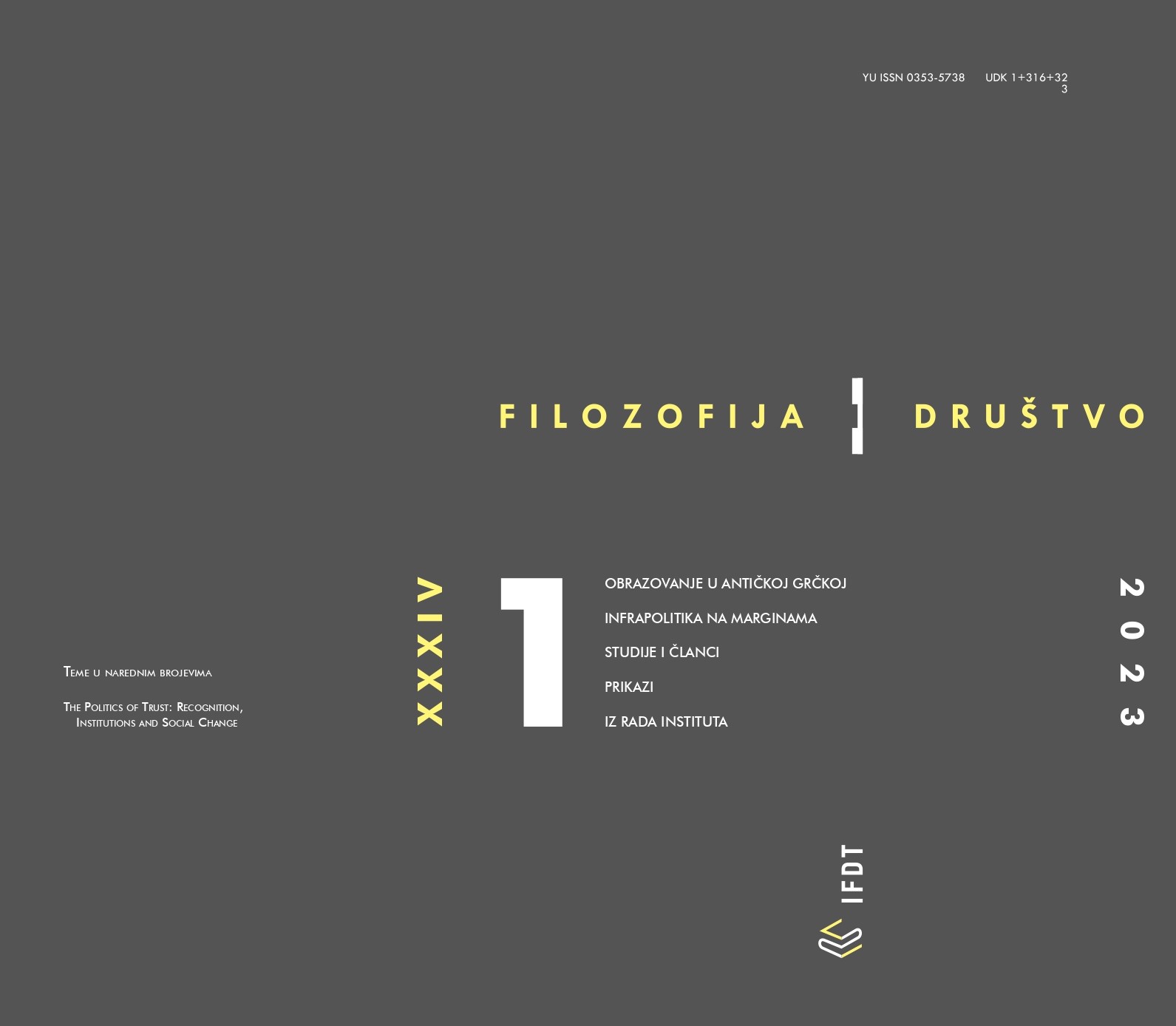
In the Laws, Plato presents an educational program for all members of the projected city of Magnesia, which concerns not only various kinds of specific knowledge, but also, and more importantly, the application of ethical and political virtues, in view of becoming excellent citizens and achieving a “good life” in the long run, at the private and public level. These objectives are realized in many ways, as for example, by the people’s participating in the legislation and the city’s administration, by receiving a common fundamental education, including lessons of reading, writing, mathematics and astronomy; practicing sports; playing music; singing; dancing and also by taking an active role in religious festivals. The population is then divided in three groups, according to age, and they form “choirs” dedicated to different divinities (the children to the Muses, the young people to Apollo, the elderly to Dionysus). Thus, we may deduce that Plato was one of the ancient Greek philosophers who supported the concept of “lifelong learning,” expanded through various kinds of knowledge, skills and qualities. In my paper I examine the objectives, different contents of Plato’s pedagogical project destined to all the Magnetes, the various methods he proposed to use in order to arrive at its attainment, as well as the eventual reasons for these choices, related to his philosophical theories. I conclude by making a comparison with the notion of “lifelong learning” as we understand it today.
More...